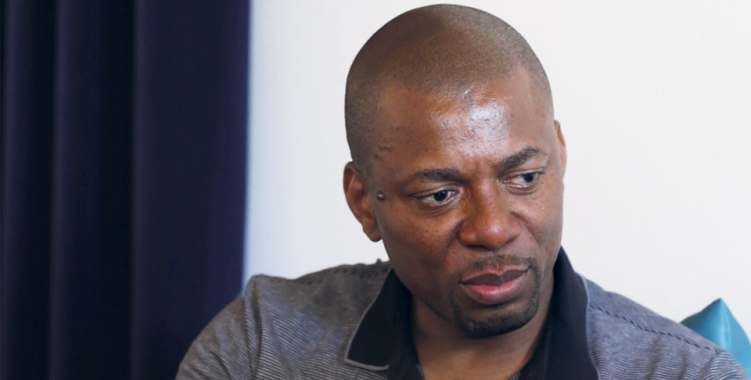For Benja Satula, the actions taken in the last five years in relation to the fight against corruption should have been carried out in 46 years (period of independent Angola), but, he stressed, the country can do more in this area, especially with the new Penal Code.
The new Penal Code, recalled the jurist, extended corruption to the private sector and "brought a new typology of corruption, such as the undue receipt of advantage, collection of undue contributions, influence peddling and economic participation in business".
"So we need to move the fight against corruption from the center of public administration, which the IGAE [Inspecção Geral da Administração do Estado] does, in society, we also need to isolate the idea that the fight against corruption is a mission of the Attorney General of the Republic (PGR)", said Benja Satula.
According to the jurist, who was speaking this Thursday at the conference on "Integrity, Ethics and Cybersecurity: Challenges and Opportunities", Angola "needs to revive the High Authority against Corruption, an entity that exists in the Angolan legal system, but which has never been instituted".
"What can be seen is that we have an inspection that controls the administration of the State, however, at the heart of everything is lacking a National Policy to Combat Corruption, which is not a judicial policy carried out by the Public Ministry", he noted.
"But an administrative, and even state, anti-corruption policy and the High Authority against Corruption is one of those entities that we must resurrect or create a new entity," he stressed.
"Precisely, because more than creating laws, we need to create the perception that we are on a good path and this perception fails", he pointed out.
The jurist stressed: "When we look at the way business is done today, the way privatizations are done, the way licenses are granted, we get the feeling that some transparency is lacking", he stressed.
The fight against corruption, impunity and nepotism is a priority stated by the President, João Lourenço, in power for almost five years.
Benja Satula also defended that, "in the idea of the whistleblower or the complaints", the country "needs to find an entity that is not directly linked to the State administration or the Attorney General's Office to understand the level of corruption including in society" .
"I think it's a path that we should follow and the idea of ethics and integrity offices, because it's something that is discussed a lot, and even institutional and professional protection of promotion in the career of those who make the complaint is important", he pointed out.
In the opinion of the well-known Angolan jurist, Angola must have mechanisms to "safeguard integrity, especially so that state agents who come to denounce the practice against corruption of a minister or secretary of state do not suffer reprisals".
"Basically, what remains to be done is for us to understand why we have to discuss integrity in the way of doing and being, because if it's just for others to see, then we're on the wrong path", he shot.
The vice-rector of the Catholic University of Angola also considered that Angola still has a "true way to go" in terms of controlling the management of sovereign bodies "because they decide".
Satula questioned the control of the accounts of the courts, the National Assembly and the Presidency of the Republic, noting that "hardly" the inspector general of the administration of the State "will be competent to control the accounts of the Presidency of the Republic because he is appointed by the President of the Republic".
"So, we need to find here mechanisms of control and integrity tests, even protection of conflicts of interest, so that we can really look at our international partners", he maintained.
Alluding to the Angolan law on independent administrative entities, the jurist said that Angola has a "serious problem" of creating independent entities, such as agencies and supervisory bodies, but these "still subordinate themselves to the ministers".
"In fact, if we give strength to the independent administrative authorities, so that they can regulate the sector with exemption and independence, we will alleviate a little the idea of the State", he maintained.
In the jurist's view, "the resuscitation of the High Authority against Corruption allows the State, and not only the executive, to have an entity to whom complaints can be made and complaints can actually be carried out".
"As long as we don't make institutions robust, we will be hostages to the people", he concluded.
Benja Satula was speaking during a panel on "Integrity and Ethics" at this conference promoted this Thursday, in Luanda, by Ernest Young (EY).







